Apr 17, 2018, 06.04 PM IST
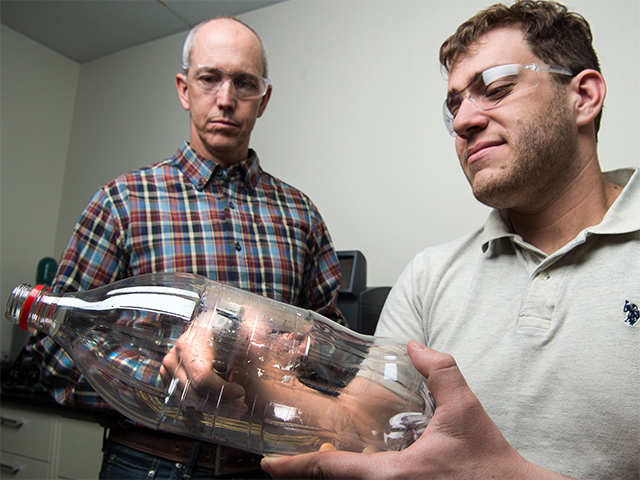
Accidental discovery
Scientists have accidentally developed a plastic-eating enzyme that may be used to combat one of the world's worst pollution problems, a media report said.
Researchers from Britain's University of Portsmouth and the US Department of Energy's National Renewable Energy Laboratory (NREL) made the discovery while examining the structure of a natural enzyme found in a waste recycling centre a few years ago in Japan, CNN reported on Tuesday.
In pic: Researchers Bryon Donohoe and Nic Rorrer at the National Renewable Energy Laboratory (NREL) punching out coupon samples from a plastic bottle.
1/6
AFP
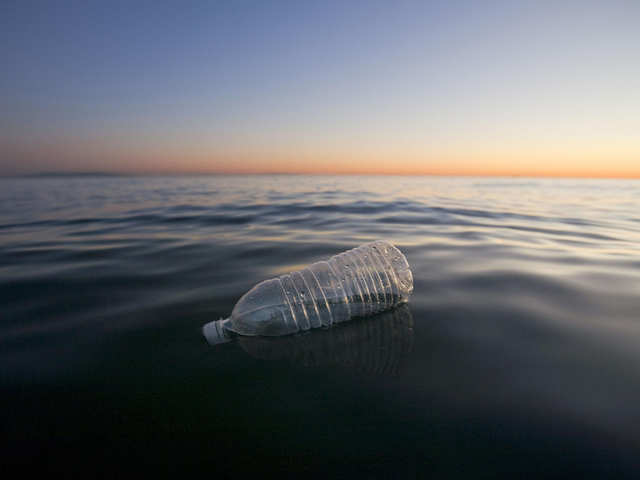
Plastic eater
The finding was published on Monday in the Proceedings of the National Academy of Sciences.
They said the enzyme, Ideonella sakaiensis 201-F6, is able to "eat" polyethylene terephthalate, PET, which was patented as a plastic in the 1940s and is used in millions of tonnes of plastic bottles.
2/6
Reuters
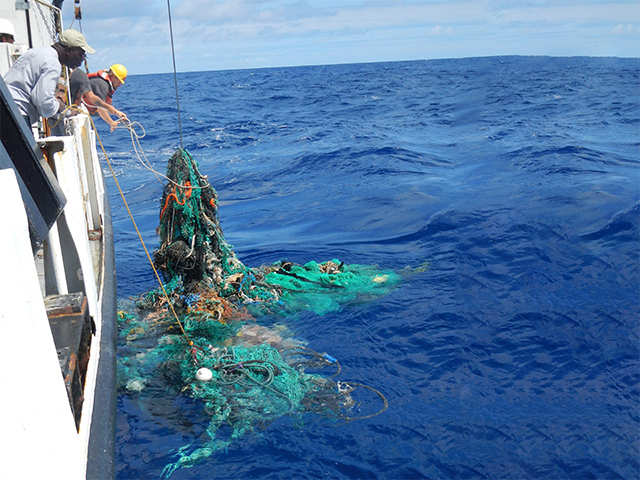
How they found it
Their aim was to study its structure, but they accidentally engineered an enzyme which was even better at breaking down PET plastics.
"We hoped to determine its structure to aid in protein engineering, but we ended up going a step further and accidentally engineered an enzyme with improved performance at breaking down these plastics," said NREL's lead researcher Gregg Beckham.
3/6
AFP
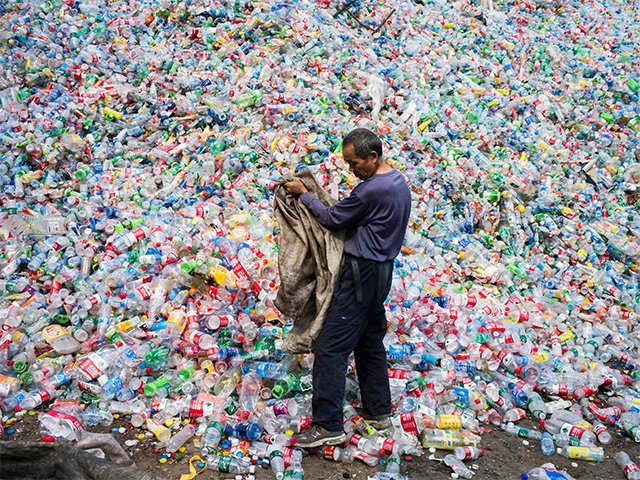
Recycling solution
The discovery could result in a recycling solution for millions of tonnes of plastic bottles made of PET, which currently persists for hundreds of years in the environment, the University of Portsmouth said on its website.
"Serendipity often plays a significant role in fundamental scientific research and our discovery here is no exception," said Professor McGeehan, director of the Institute of Biological and Biomedical Sciences in the School of Biological Sciences at Portsmouth.
4/6
AFP
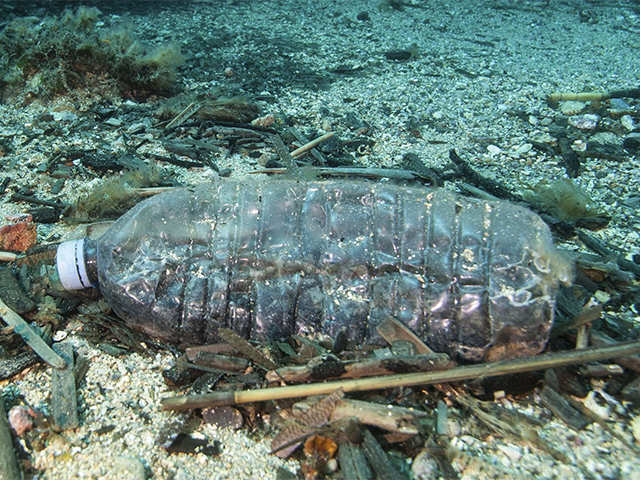
End to a crisis?
The enzyme can also degrade polyethylene furandicarboxylate, or PEF, a bio-based substitute for PET plastics that is being hailed as a replacement for glass beer bottles, CNN reported.
5/6
AFP
Need of the hour
PEF plastics, although bio-based, are not biodegradable, and would still end up as waste in landfills and in the seas, the NREL said.
According to a three-year study published in Scientific Reports last month, a huge, swirling pile of trash in the Pacific Ocean, known as the Great Pacific Garbage Patch, is growing faster than expected and is now three times the size of France, more than double the size of Texas.
6/6
AFP
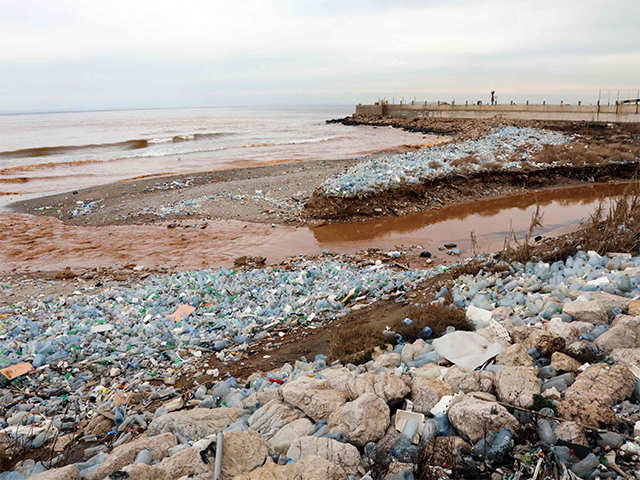
No comments:
Post a Comment